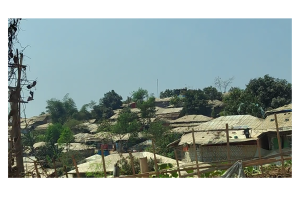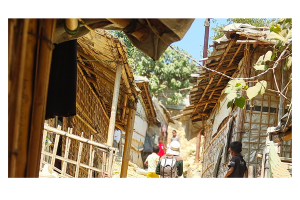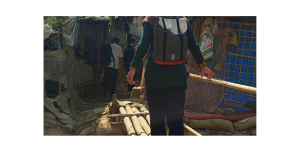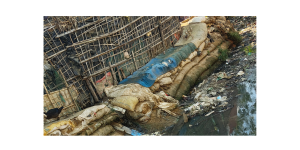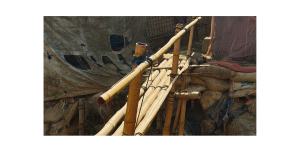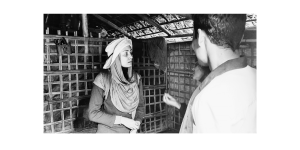What I Do
Testimonials
Sadia is an exceptionally thoughtful and passionate individual, deeply committed to the well-being and development of those around her. She brings a unique blend of empathy, expertise, and dedication to her professional practice, making her an invaluable asset to any team or community she is part of. Her genuine care for people is evident in every aspect of her work, and it is this quality that sets her apart as a leader and advocate. In today’s rapidly changing world, staying current with professional knowledge and skills is crucial, and Sadia excels in this area. She is actively engaged in continuous professional development, always seeking to expand her knowledge and adapt to new challenges. This commitment is not just a professional obligation for Sadia; it is a personal passion. She thrives on learning and growth, constantly pushing herself to be at the forefront of her field. Her dedication to staying informed and relevant enables her to provide the highest level of support to those she serves. Sadia has a wealth of experience in supporting individuals living with mental health conditions, particularly during times of crisis. Her expertise is not just theoretical; it is grounded in years of hands-on experience and deep personal commitment. For over a decade, she has been a tireless advocate for mental health, dedicating her time and energy to raising awareness, providing support, and reducing stigma. Her work is far-reaching, spanning local, national, and international arenas. Whether working in a professional capacity or volunteering her time, Sadia brings the same level of passion and dedication to every role she undertakes. What makes Sadia’s contribution particularly impactful is her personal connection to the cause. Having had firsthand experience with mental health challenges, she understands the importance of empathy, support, and education. This personal insight drives her to engage with the public in meaningful ways, using her story and expertise to break down barriers and encourage open, honest conversations about mental health. Sadia’s efforts to reduce stigma are diverse and far-reaching. She is actively involved in a variety of initiatives, including workshops, podcasts, lectures, and other educational platforms. Through these efforts, she reaches a wide audience, providing valuable information, support, and encouragement to those who need it. Her ability to connect with people from all walks of life makes her an effective advocate and a powerful voice for change. In summary, Sadia is a dedicated and compassionate professional whose commitment to mental health advocacy is both inspiring and transformative. Her work is a testament to the difference that one person can make when they combine passion, expertise, and a genuine desire to help others. She is a true leader in her field, and her contributions have had a lasting positive impact on countless lives.

I know Sadia as a friend and fellow PhD candidate. Sadia is a warm, loving and very helpful person. I admire her relentless efforts and dedication towards different global causes that she is passionate about. She works extremely hard to make a difference in the lives of others and has a positive impact on those around her. It's a pleasure to have Sadia on this Phd journey with me.
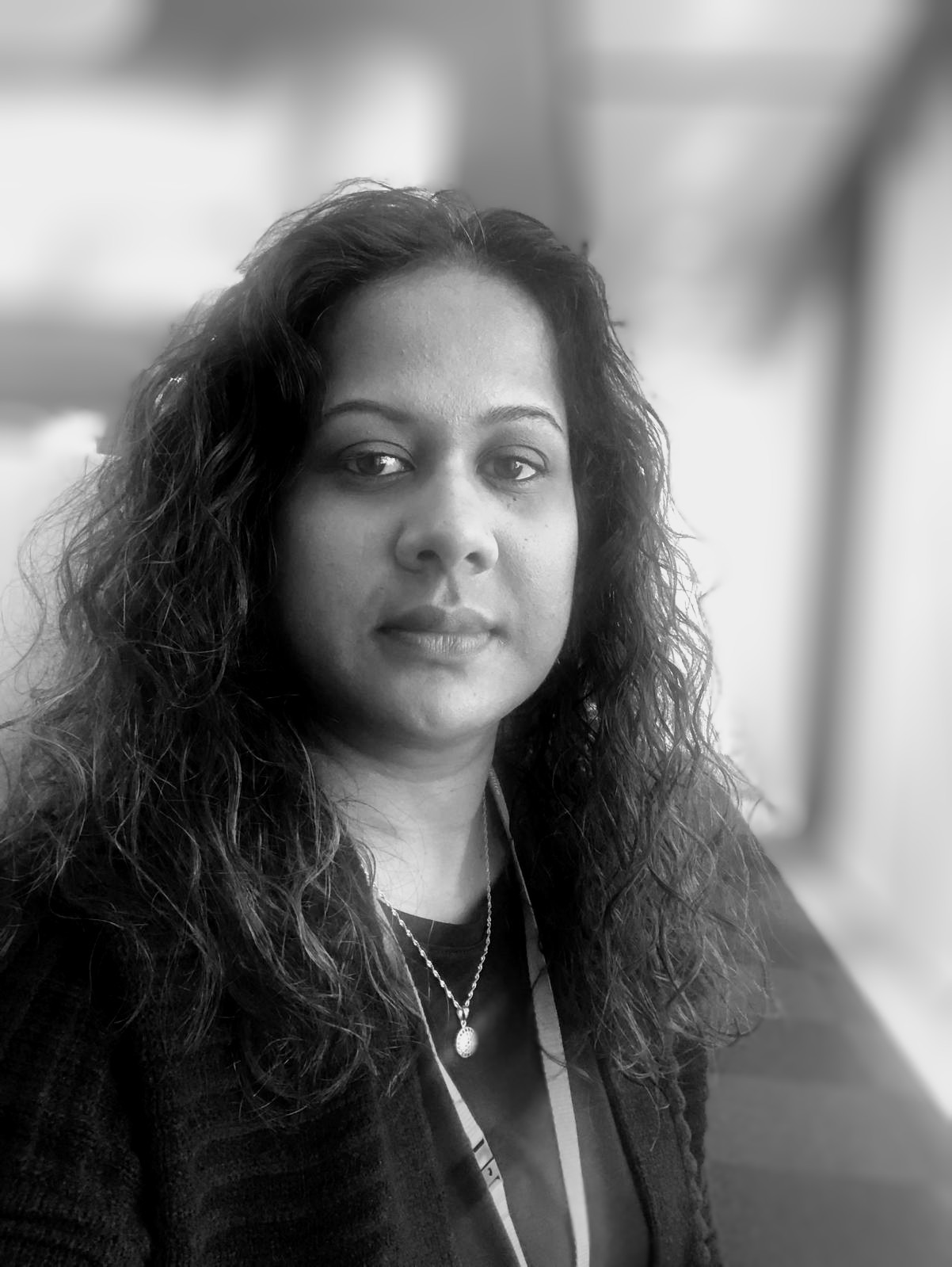
Sister Sadia is truly an asset to our community. She is involved in so many different community projects, it is difficult to keep up. We work on the SalamSeeker podcast together, where she addresses issues concerning the youth and community at large. Be it mental health, oppression, or social issues, she has addressed them repeatedly. Sister Sadia has been engaged in Islamic studies for over a decade, and has a firm grounding in the Islamic sciences. Always inquisitive, humble and cautious in her approach to knowledge, she can be trusted to present a sound and reliable understanding of Islam.

When I was working in my previous job, I worked with Sadia. Sadia is brilliant and mentored me regarding courses I can potentially choose because I wanted to study. Sadia helped me to make some choices and I was able to pursue on a course. Sadia also assisted and supported me to make a plan which could help me to quit bad habits. Sadia was able to mentor me by discussing options that arouse amongst other matters. I would recommend Sadia in any line of work.







